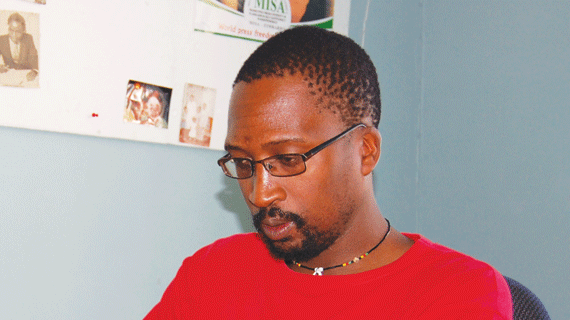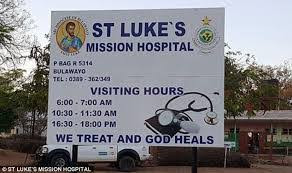
IN 1999, the late renowned academic and human rights activist, Masipula Sithole, is also a founder of the Mass Public Opinion Institute wrote a personal note for me in his celebrated book, Struggles Within the Struggle.
In that note he urged me, as his former student, to hopefully pursue writing my own version of “struggles after the struggle”. I suspect his intention was to have me participate in a project that would help to outline what happened to the former liberation movement in which his brother was once upon a time president, in the aftermath of independence.
Contrary to his written expectations, I have decided to call this paper, “struggles without the struggle. The main reasons being that we have all had collective amnesia about why we do our politics.
Social democratic values, principles have long been discarded in order to promote personality cults (across the political divide), and mimicry of assumed global universality in political and economic trends.
Struggles without the struggle therefore refers to a year in which we have come to tragically accept that our politics is not only shallow, but non-revolutionary and elitist at a time when our country urgently needs the exact opposite.
I will return to the issue of struggles without the struggle later. In order to assess the ups and downs of the course of the year 2014 in Zimbabwe, it is necessary to access the political, legal, economic, civil society and social placement of the country as the year progressed.
In the course of the political year and given our obsession with politics, there have been no major positives to talk of. We have probably scored a historical first as a country where a ruling party is literally fighting within itself even after a shocking, but disputed, electoral victory over a year ago.
Simultaneously, an opposition which should have been taking the year to reflect, reorganise and refocus in the wake of its stunning defeat in general elections, finds itself not only divided but floating in the political abstractions of personality cults as thought to mimic and compete with the ruling party.
- Chamisa under fire over US$120K donation
- Mavhunga puts DeMbare into Chibuku quarterfinals
- Pension funds bet on Cabora Bassa oilfields
- Councils defy govt fire tender directive
Keep Reading
Newer political parties, in the wake of their formation or at least announcements of being formed, have found themselves pursing political office without any new ideas or propositions on the political future of the country.
So as it is, our national political score card is next to zero. We have not achieved anything politically in the last eleven months. Legally, the new constitution has sought to give us a glimmer of hope over the course of the year.
Unfortunately it is neither widely known let alone appreciated. Even after millions of dollars were spent crafting it and putting it to a referendum.
It has had no immediate impact on the political consciousness of the Zimbabwean populace primarily because its end effect now appears to have been a power brokering arrangement between political parties, and in the run up to the Zanu PF congress, managing presidential succession.
Our new Bill of Rights has not seen any changes in the attitude of government. Over the course of the year, the right to housing, shelter and viable livelihoods have been violated in Mazowe, Manyame, Chitungwiza, Chiadzwa, Tokwe-Mukosi, Gutu and Chisumbanje.
I am sure that in Lupane, the same story of displacement of citizens will emerge with the unfolding reports of gas exploration.
This brings me to the important point of the performance of the national economy over the course of the year. The government launched its five-year economic blueprint, ZimAsset last year amid much fanfare and media hype. It has turned out that this document is largely about government giving the impression that it has a plan.
In essence the blueprint is no more than a political manifesto and not a government programme of action. It meets the global prerequisites of capitalism and neo-liberalism, albeit in similar fashion to the Chinese, Russian and Angolan economic models.
These being steeped in State capitalism where it is the political elite who, like the oligarchies in the aforementioned countries run the entirety of the economy while simultaneously repressing revolutionary political dissent and giving a veneer of permanence or inevitability to the political and economic state of affairs as they obtain.
We need to embrace broad social democratic ideals that put the welfare of the people at the centre of political and economic thought processes and policies.
Zhangazha is a political blogger. He made this presentation to the Mass Public Opinion Institute Public Seminar in Harare recently.










